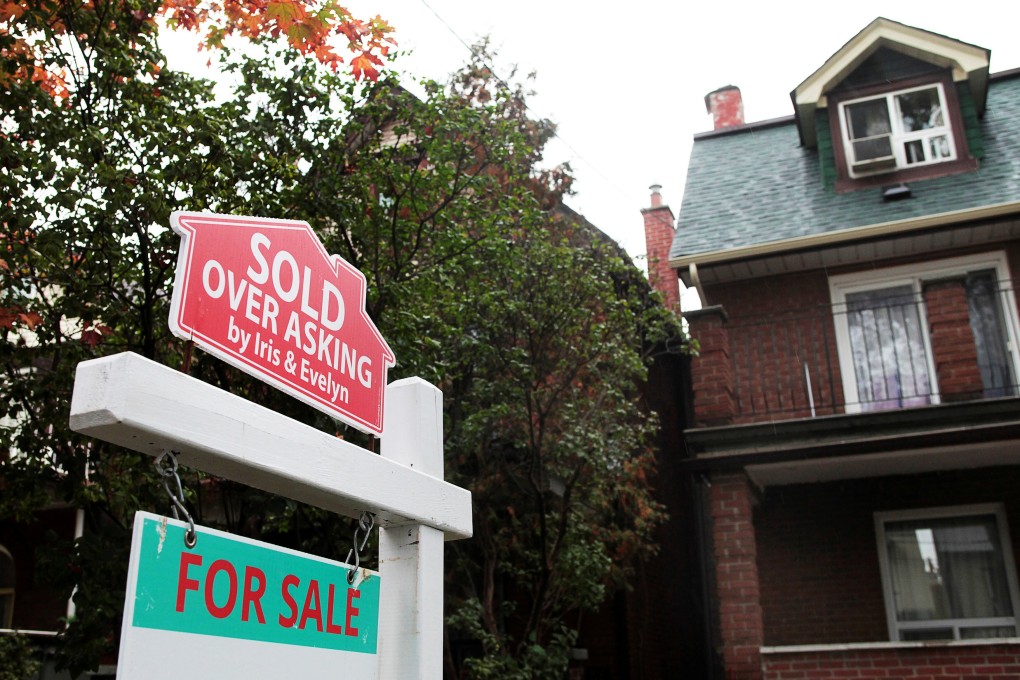Advertisement
Property investors on alert as governments impose wealth taxes, plan more levies on market to replenish stimulus coffers
- Countries from Argentina to South Korea and Canada have raised taxes or are mulling new ones to refill coffers to fund more stimulus spending
- Real estate or wealth tax is one way to refill state reserves depleted by spending to overcome Covid-19 impact, Knight Frank says
Reading Time:3 minutes
Why you can trust SCMP

Homebuyers could face higher property transaction costs globally as governments consider imposing wealth taxes to refill their coffers after spending record amounts of cash to keep their economies afloat during the Covid-19 pandemic.
Advertisement
Some countries, from Argentina and South Korea, have turned to populist policies by slapping levies on property market transactions, which could dent demand from overseas investors in their home markets, analysts said.
“Real estate or wealth tax is one way for governments to replenish their reserves, which have been lowered in the form of expenses to cope with Covid-19,” said Martin Wong, associate director, research and consultancy, Greater China at Knight Frank. This could chill demand, judging from Hong Kong’s experience in recent years, he added.
The pandemic shuttered most economies worldwide last year, shrinking gross domestic output by 3.5 per cent, the International Monetary Fund said. Major and developing countries have unveiled US$19.5 trillion worth of stimulus programmes to shore up consumption and job markets, according to the IMF’s statistics in November. The US Senate last week approved a US$1.9 trillion package to overcome the pandemic.

02:04
Japan’s new US$121 billion fiscal package to boost growth amid trade war and post-Olympic slump
Japan’s new US$121 billion fiscal package to boost growth amid trade war and post-Olympic slump
To fund vaccination programmes and sustain jobs creation, more countries have introduced revenue-generating measures including new or higher property taxes, which are deemed a stable source given that demand for real estate is considered less elastic to swinging economic conditions.
Advertisement

Advertisement